Investing Behind the Iron Curtain
When Michael Newman and Eugene Golub began their first CRE deal in Poland, one of the first things they learned was that there was no Polish word that directly translated to “developer.”
By Leah Etling, Contributing Writer
When Michael Newman and Eugene Golub began their first commercial real estate deal in Poland, one of the first things they learned was that there was no Polish word that directly translated to “developer.”
“The office market there was occupied by state owned companies in state owned buildings. No first class or modern office space really existed,” Newman recalled of their first trip to the city in 1989. But that was about to quickly change, and GOLUB was the first U.S. developer to begin building in the Polish capital city of Warsaw, breaking ground on its first building there in 1991. Today, their Polish arm is Golub-GetHouse (GGH).
The fall of the Berlin Wall in November 1989 charted a course for the gradual opening of Eastern Europe and enhanced economic opening for domestic and foreign companies alike. Berlin also played a role in Golub’s journey to Warsaw. While working on another project with a Berlin-based company in 1989, Poland was pitched to them as a potential opportunity.
“At first, we were hesitate to go behind what was then the Iron Curtain,” Newman recalled. “But hesitation gave way when we realized it was a historic opportunity.”
Read on for more insight from our conversation with Michael Newman:
What were the early challenges as you began working in Warsaw?
Newman: What we had to explain was that they were more used to “contractors” – the norm was state-owned buildings owned by state-owned companies. There wasn’t really a concept of privately owned land and buildings. There was some funny nuance to explaining that a developer wasn’t a builder, but that the developer puts all the pieces of the private transaction together. For our first project, our development team acted as the general contractor and hired subs directly, which is not what we would do in the U.S. And we don’t do that there anymore, but at the time we just couldn’t find the kind of expertise needed to oversee a Class A building.
Who were the tenants that were looking for commercial office space?
Newman: We built Western style space for Western companies either already currently in Warsaw in ad-hoc space, or those considering opening an office in Central or Eastern Europe. These were service firms like law firms accounting firms and banks and service firms, which were following the manufacturing firms that were already there.
What was the funding structure?
Newman: There was no private capital, no institutional equity pension funds, really no one was financing or investing there at the time. The International Finance Corp., sister company of World Bank, became our lender for that first project, and they invested equity.
What changes have you seen in funding availability?
Newman: So many projects of ours were the “first of” their kind over there. For our most recent project, we put a fund together with two of the largest Polish pension funds to invest in our deals. In the states and the U.K., opportunity funds are common. But Polish pension funds have traditionally invested in the public market. So our $50 million real estate fund was something new for them, and we hope it grows into expanded mutual opportunity.
What is your latest project in Warsaw?
Newman: Golub-GetHouse is developing the 23-story PRIME Corporate Center building on Grzybowska Street in the Warsaw CBD. It’s currently under construction and is nearly 100 percent pre-leased to Raiffeisen Polbank, which is unique. The building was originally zoned for residential, but we felt given the location and market we worked toward the required approvals and redesigned the building plans for conversion into an office project.
What other European cities have you done business in over the last several decades?
Newman: Early on we did a little bit of work in Budapest, a development in Prague and Brastilana as well. We completed a project in St. Petersburg, Russia, that I would consider one of the most significant accomplishments we’ve had. It was a very complicated deal, the first of its kind there. We partnered with the city and renovated a 250-year-old structure into office space, which became The Atrium at Nevski. It was crazy how complicated it was. But we got it done, leased it, and ended up selling it.
What are a few of your current U.S. projects?
Newman: We broke ground last fall on three major high rises in Chicago that are still under construction; in San Francisco we are halfway through a high rise residential rental project and pursuing other opportunities. We also have a high end condo project underway in South Florida, as well as in Aspen, Colorado.
How would you summarize your approach to business, both at home and abroad?
Newman: We pride ourselves on being open minded and creative. We want to stay nimble and flexible, and be opportunistic.

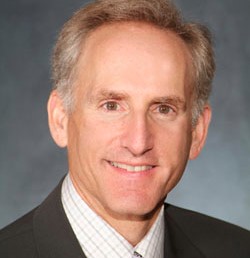
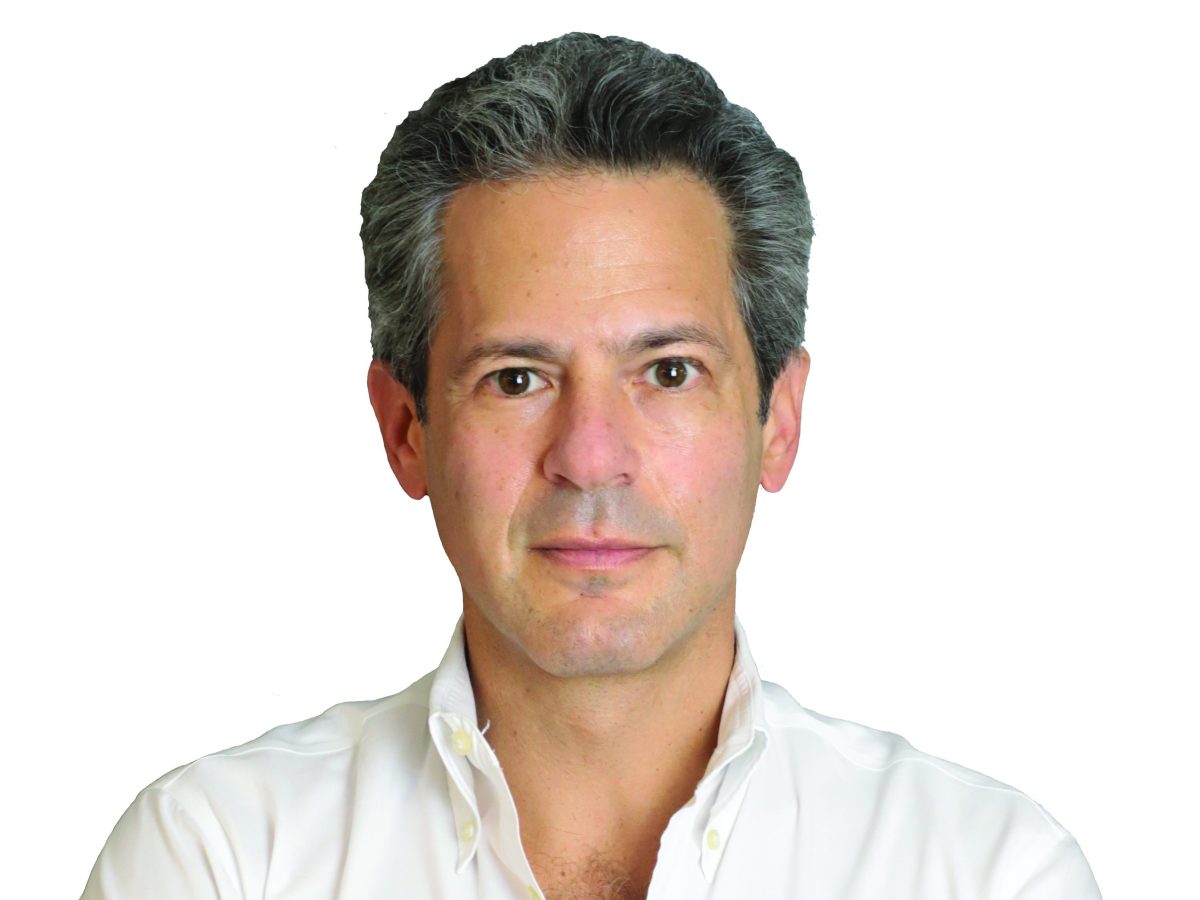

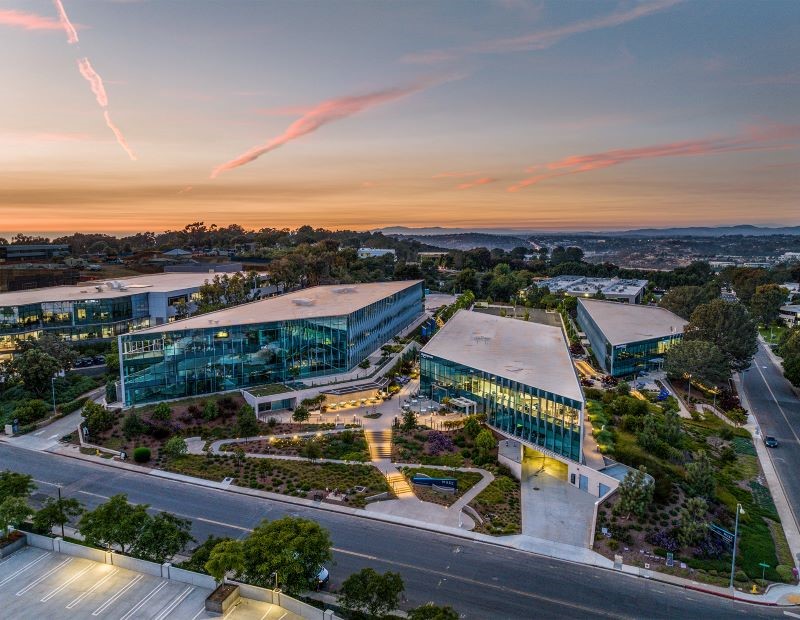
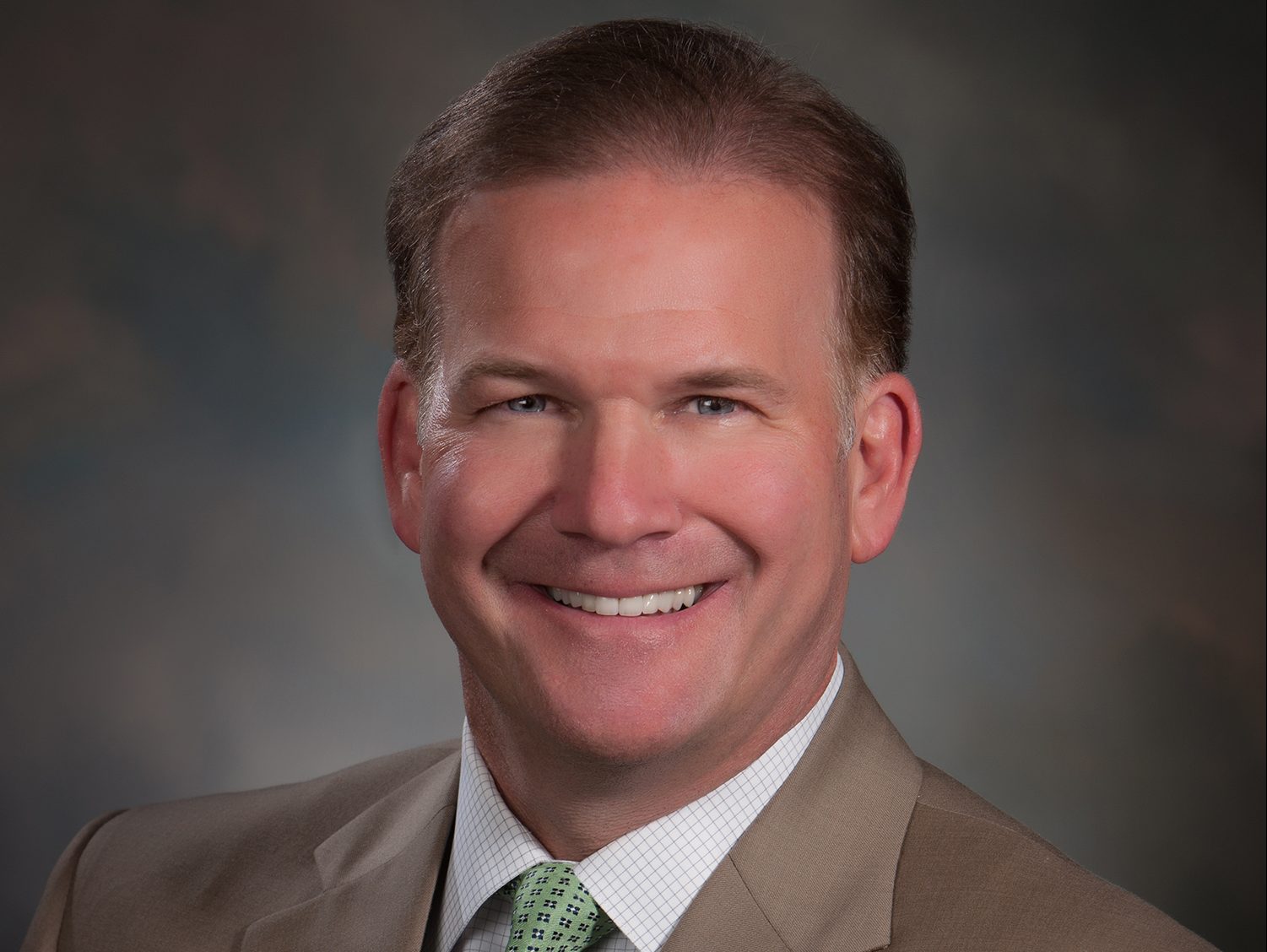
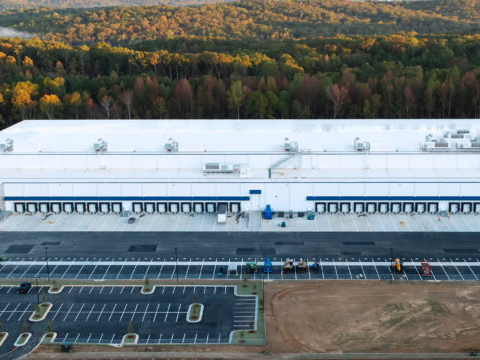
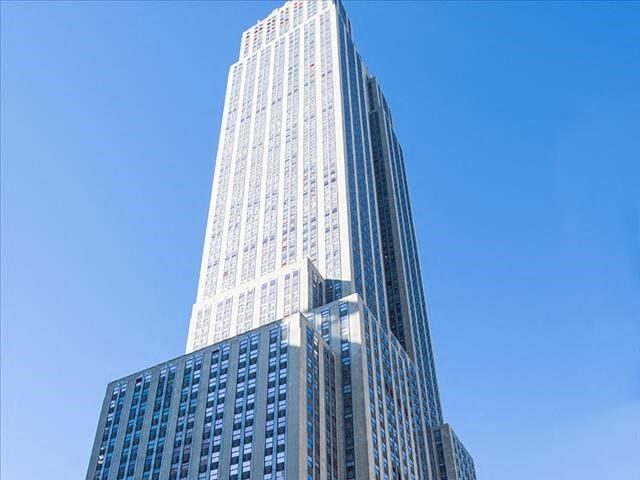
You must be logged in to post a comment.